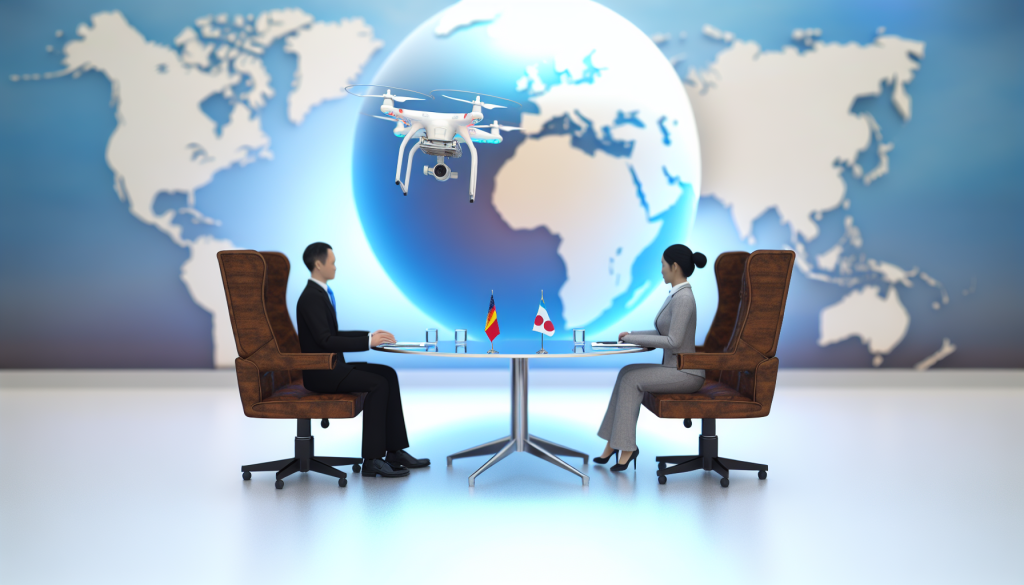Seoul: A Strategic Dialogue on Defense and Cooperation
In a significant display of alliance and collaboration, South Korea’s Defence Minister Ahn Gyu-back and US Secretary of the Army Daniel Driscoll engaged in crucial talks on Thursday in Seoul. Their discussions revolved around strengthening bilateral cooperation, particularly in the arms industry and drone development. This meeting not only highlights the strong military ties between the two nations but also reflects their shared commitment to addressing ongoing regional security challenges.
Ahn emphasized the foundational role of military trust and cooperation in driving the bilateral alliance between South Korea and the United States. He proposed deepening these ties to enhance collective security and maintain a robust defense posture. Both leaders acknowledged the importance of their partnership, especially in light of the persistent threats posed by North Korea’s nuclear ambitions. Ahn underscored the vital contribution of the US Forces Korea in fostering peace and stability on the Korean Peninsula, reinforcing the notion that their military collaboration is essential for regional security.
During their discussions, Ahn and Driscoll agreed on the necessity of expanding mutually beneficial cooperation in several critical areas. One of the focal points was the maintenance, repair, and overhaul (MRO) of military assets, particularly in the arms industry. Such initiatives are crucial for ensuring that both nations can effectively manage and sustain their military capabilities, particularly in an ever-evolving threat landscape. The importance of leveraging science and technology to advance their military capabilities was highlighted, marking a forward-thinking approach to defense innovation.
As military conflicts increasingly incorporate advanced technologies, the discussion turned to the growing significance of drones in future warfare. Ahn and Driscoll recognized the need to expand joint research, production, and operational capabilities related to unmanned assets. This forward-looking perspective on drone technology indicates a pivotal shift in strategies, aiming to bolster their military readiness and response capabilities in face of modern threats.
The backdrop of these talks isn’t solely about strengthening military cooperation; it also involves a concerted effort to address North Korea’s nuclear threats. Earlier in September, during a meeting on the sidelines of the UN General Assembly, the top diplomats from South Korea, the United States, and Japan reaffirmed their commitment to the denuclearisation of North Korea. This joint stance is critical as North Korea’s leadership has recently suggested a willingness to engage in dialogue with the US, provided that the denuclearisation demands are lifted.
In this context, the trilateral statement from the diplomats highlighted the importance of compliance with United Nations Security Council (UNSC) resolutions regarding North Korea’s nuclear program. The discussions aimed at maintaining peace and stability in the region while emphasizing the necessity for a united front against North Korea’s missile programs. The diplomats noted the importance of collectively addressing violations and ensuring that sanctions against North Korea remain effective.
The diplomatic efforts and defense dialogues underscore a heightened sense of urgency among these nations to confront common threats. The reaffirmed commitment to dialogue and diplomacy seeks to navigate the complexities of international relations while ensuring security on the Korean Peninsula. As events unfold, the collaboration between South Korea and the United States, coupled with the involvement of Japan, remains a pivotal element in regional stability and security.
(IANS)

